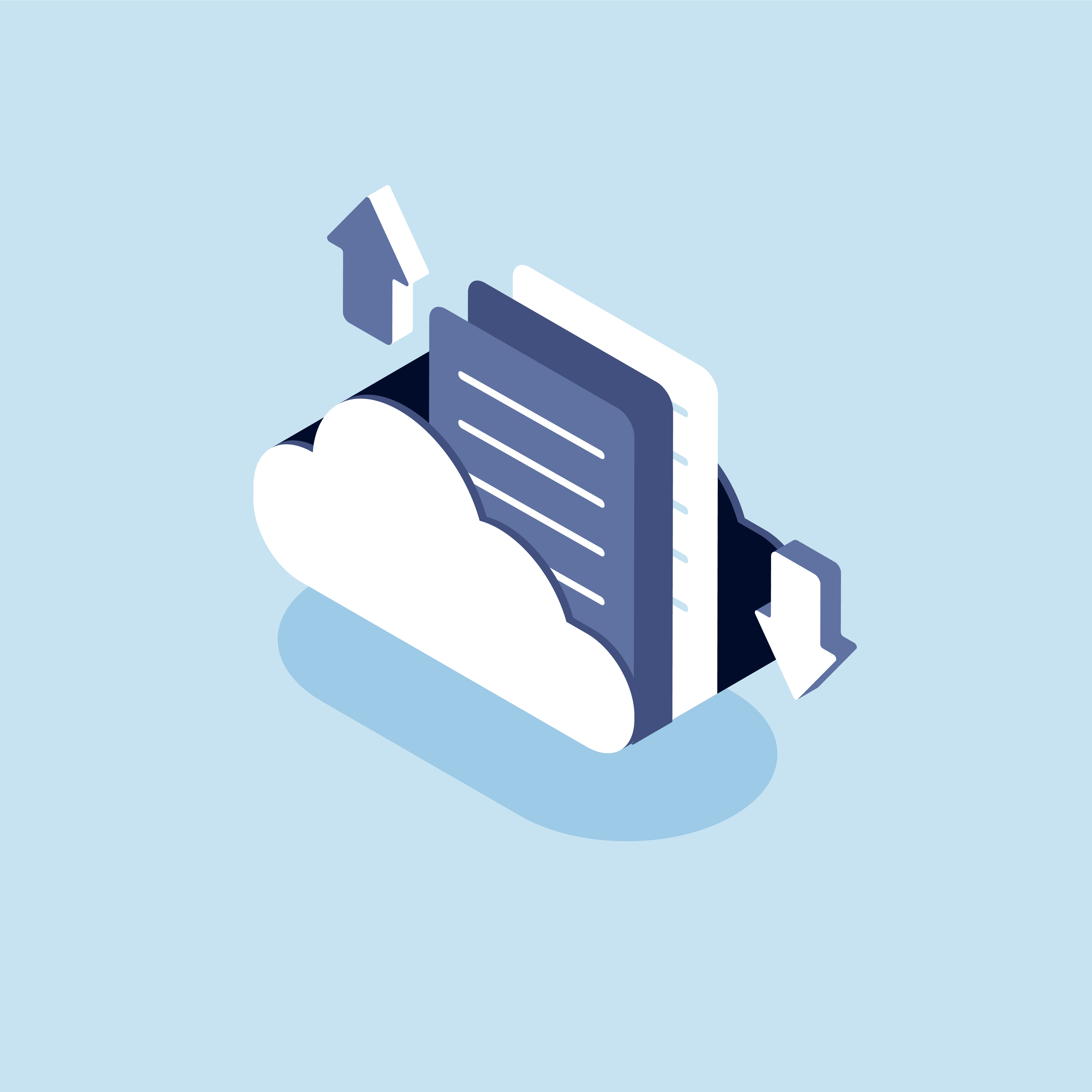In today’s age of cyber crime and data theft, you need backup more than ever. If you’re unfamiliar, there are two main routes to take. You can back up your business’s data to your own on-premises technology, or you can back it up to the cloud. Read on to find out what the pros and cons of cloud backup are in relation to on-premises backup and what the right solution for your business might be. Firstly though…
What is cloud backup?

This is when an internet-based cloud server stores a copy of your data. A third-party cloud backup vendor will perform this and charge a monthly or yearly subscription for the privilege. A prime example of this would be Cloud Backup by Microsoft Azure. Cloud backup can come in many forms.
- Public cloud backup: a copy of your data is stored by a third party in the cloud
- Managed cloud backup: same as public cloud backup but the provider also manages security and recovery
- Cloud-to-cloud backup: when the data being backed up is already in the cloud
- Hybrid cloud backup: a combination of cloud and on-premises backup (more on that later)
What is on-premises backup?

Instead of storing data on an internet-based cloud, on-premises backup stores data on a business’s premises. This can be on a physical hard drive, network-attached storage, or storage servers. For many businesses, this seems like the logical option, at least before you’ve started considering all the pros and cons of cloud backup.
What are the pros and cons of cloud backup?
It’s a lot easier to get started with cloud backup. Compared to going on-premises, hardware costs are minimal to non-existent. Quick scaling can also happen: all a business needs to do is increase their subscription pricing and add their storage as and when. These factors can often lead to cloud backup being cheaper. Also, since the data is in the cloud, a business can back up from any location: all the more relevant in today’s remote world.
Cloud backup’s main con is its reliance on the internet. Any data stored and backed up within the cloud (i.e. cloud to cloud) will be inaccessible without a strong internet connection or offline syncing. Also, full data recovery can be time-consuming and thus be more expensive than on-premises backup should considerable downtime occur.
What are on-premises backup’s pros and cons?
Backup your data on-premises and you’re in complete control of your backup. There is no need to rely on an internet connection and no third party accessing your data.
The downside is that you need money and physical space from day one: it’s an investment. Also, during a disaster situation affecting your physical premise, your backup may well be affected similarly. Finally, there’s no third-party guaranteeing your uptime or data recovery: you’re the one responsible for that.
What’s best for your business?
There is no definitive answer on which option is best. You’ll have to weigh up your own pros and cons of cloud backup. In the right conditions, both have the capacity to be cheaper. If you’re having trouble deciding, hybrid backup might be the answer. It’s the best of both worlds. You can keep some of your data on-premises and some in the cloud. Changing and tweaking where you allocate data as you go can give you the answers you need and allow you to avoid the pros and cons of cloud backup debate. At the very least a hybrid solution can be great for optimising your backup’s efficiency. If you’re looking to back up your business’s data click below to get a price for cloud backup.
Featured post
Fusion newsletter – May 2024
This spring, Fusion Technology Solutions is alive with new ways to protect your business whilst nipping unwanted cyber threats in...
Recent posts
Latest posts
What Are the Small Business Cybersecurity Fundamentals?
Many businesses think that cybercrime won’t happen to them. Either because they’re a small business or they’re simply thinking wishfully. But if the last twelve months have taught us anything, it’s that sometimes catastrophic things do happen, and one of those is cybercrime. If you want to stay safe in...
The why and how of including cyber incident response in your BCDR plan
A business continuity and disaster recovery (BCDR) plan is a business fundamental. Without it, you're left vulnerable to a multitude of threats, from natural disasters to cyber-attacks. This is why implementing a cyber incident response in your BCDR plan is a smart move. A cyber incident response plan will encompass...
Business continuity planning for remote work
Business continuity planning has become a fundamental priority for businesses after the pandemic outbreak. Before COVID-19 business continuity was not given the recognition and importance it deserves, but after the pandemic threw the world into a panic, the way many of us work changed drastically. So, business continuity planning that...





